
The UK is now arguably one of the world's foremost surveillance states. We are being watched by police and intelligence agencies on an unprecedented scale. In fact, the Investigatory Powers Bill has been labelled as 'the most extreme surveillance in the history of Western democracy' by former CIA operative and whistleblower Edward Snowden.
On November 29th 2016, new cyber-security powers became enshrined into law in the UK, giving numerous Government departments the right to hack, capture, store and examine huge amounts of personal data about us and our lives. Colloquially, it is known as 'The Snooper's Charter'.
Every website you visit on your smartphone, tablet, laptop PC or Mac is now suddenly, and glaringly, visible. Your phone conversations can be overheard, and the cameras and microphones on your devices can be hacked, activated and recorded without you knowing.
According to a former British spy, the law might be new but these practices aren't. TheLADbible tracked him down to speak to him about the passing of the new Bill and what it will really mean for us all, but we can't reveal his identity for security reasons.
Advert
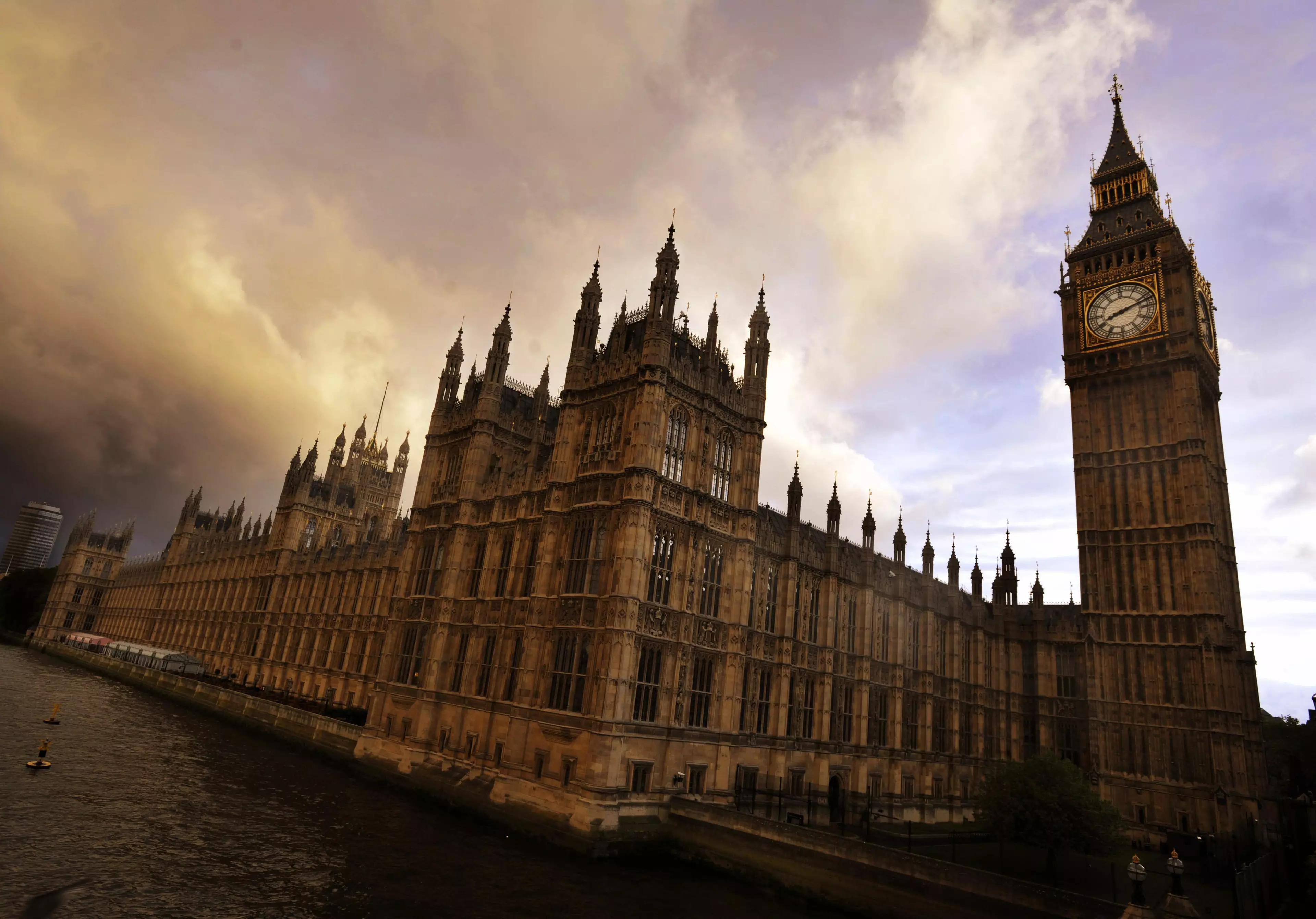
Credit: PA Images
"The new law allows the Government to do exactly what it was doing previously," he tells us, revealing that none of this is actually new to him.
Advert
After spending the Cold War working as an Intelligence Officer, 'Chris' (not his real name) made the move to GCHQ, which is the secretive organisation based near Cheltenham and defending us against cyber threats. Chris is now an expert in cyber security. But that is as much as we can reveal.
He says: "It simply brings together what was spread across 60 other laws and makes it a lot more explicit about what is being done. MI5 (the UK's security agency) and GCHQ will continue pretty much as normal.
"Publically avowed numbers show that seven major terrorist incidents were prevented in the last two years before this legislation was passed. I know the atrocities which have been prevented by this type of activity. However, we need oversight, too. People do not trust the Government and worry these powers will be abused."
His point lies at the centre of an ongoing debate. How do we protect ourselves online and maintain our privacy at the same time?
UK Government will now keep a record of every website we visit, for up to a year. Smartphones are included, and tablets, too. The data is recorded by your Internet Service Provider, or ISP. A special search engine will allow Government officials the right to search through this data, but it is not yet clear how that process will actually work.
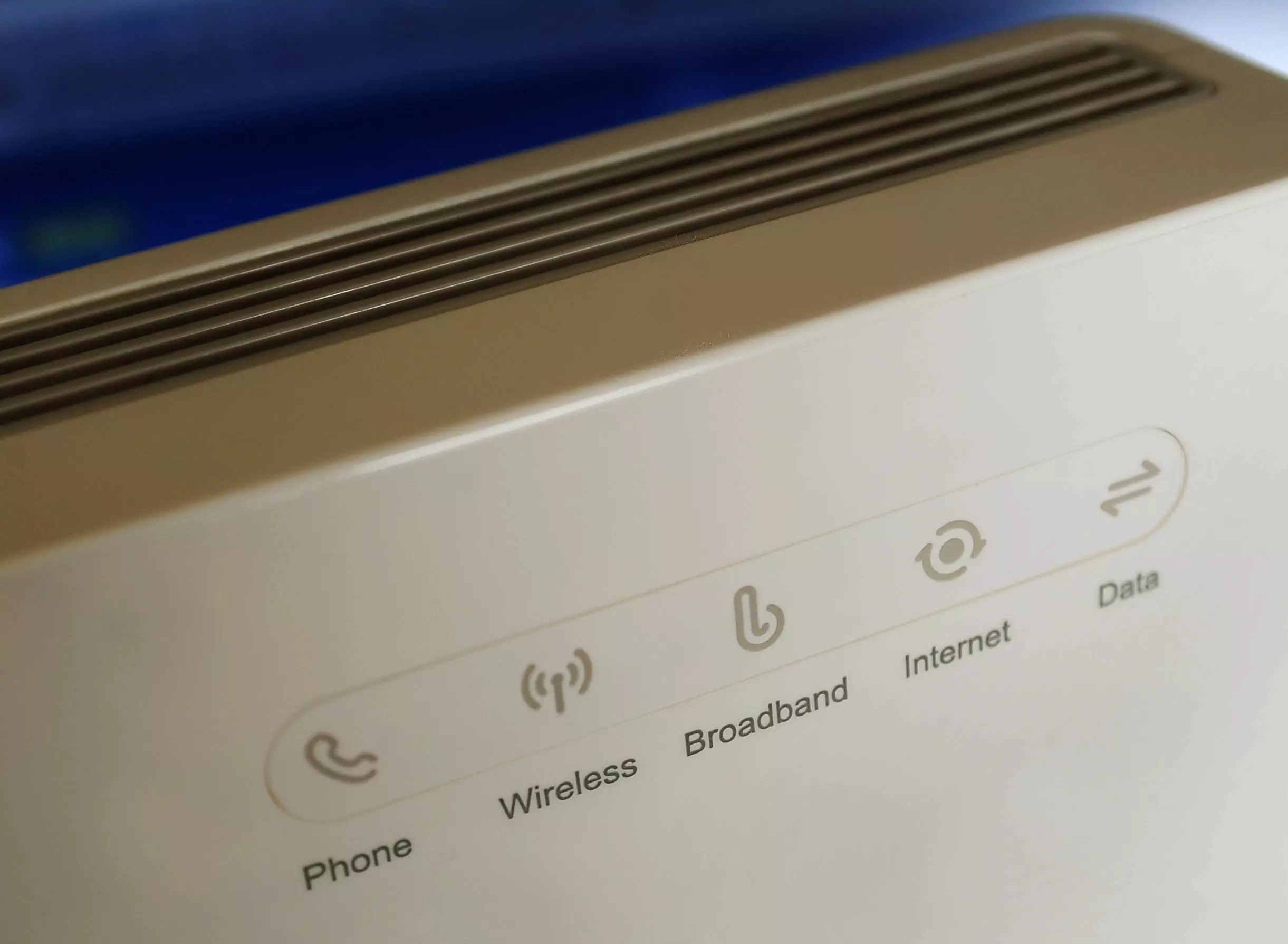
Credit: PA Images
Advert
App use, phone calls and even metadata - everything is up for grabs. As you read this, the Government could know about it. They could know where you are, how long it's taking you to read this article and what device you're currently using.
There are around 50 Government bodies able to access this data, but if you think it is just spies then think again. The Food Standards Agency, Gambling Commission and NHS Trusts can also get eyes-on, but the Bill states this can only be as part of a 'serious crime' investigation. It doesn't, however, define what 'serious crime' means and therefore could be open to some interpretation.
If you are worried about all of this, then you aren't alone. More than 100,000 people have already signed an online petition asking for the Bill to be repealed. Suggestions are rapidly spreading about using a Virtual Private Network, or VPN, to avoid being seen online in the meantime.
"It's slightly laughable to suggest it is simple to avoid being snooped on," warns Chris. "A VPN highlights an interesting dilemma; do you trust the people operating it more than your own Government? VPN hosts could easily conduct the same surveillance.
OK, so what about going to extreme measures? The Dark Web is where people have been trying to escape surveillance for years, using software like TOR (The Onion Router) to access it. Bouncing you through servers all over the world, it masks your online location - your IP address. But law enforcement has been working hard to fight back against the rise of criminality on the Dark Web with increased success. As Chris eloquently puts it, "Anonymity is actually only pseudonymity these days."
Advert
As for encryption, like in WhatsApp, for example, things get complicated. The Bill applies to anybody operating in the UK and states that, where reasonable, they must provide any relevant agency unencrypted data. But the only way to see what is being said in WhatsApp conversations is to have access to the end points - the actual device - either physically or through hacking. So, the content might be secure for now but who you talk to or for how long can still be determined.
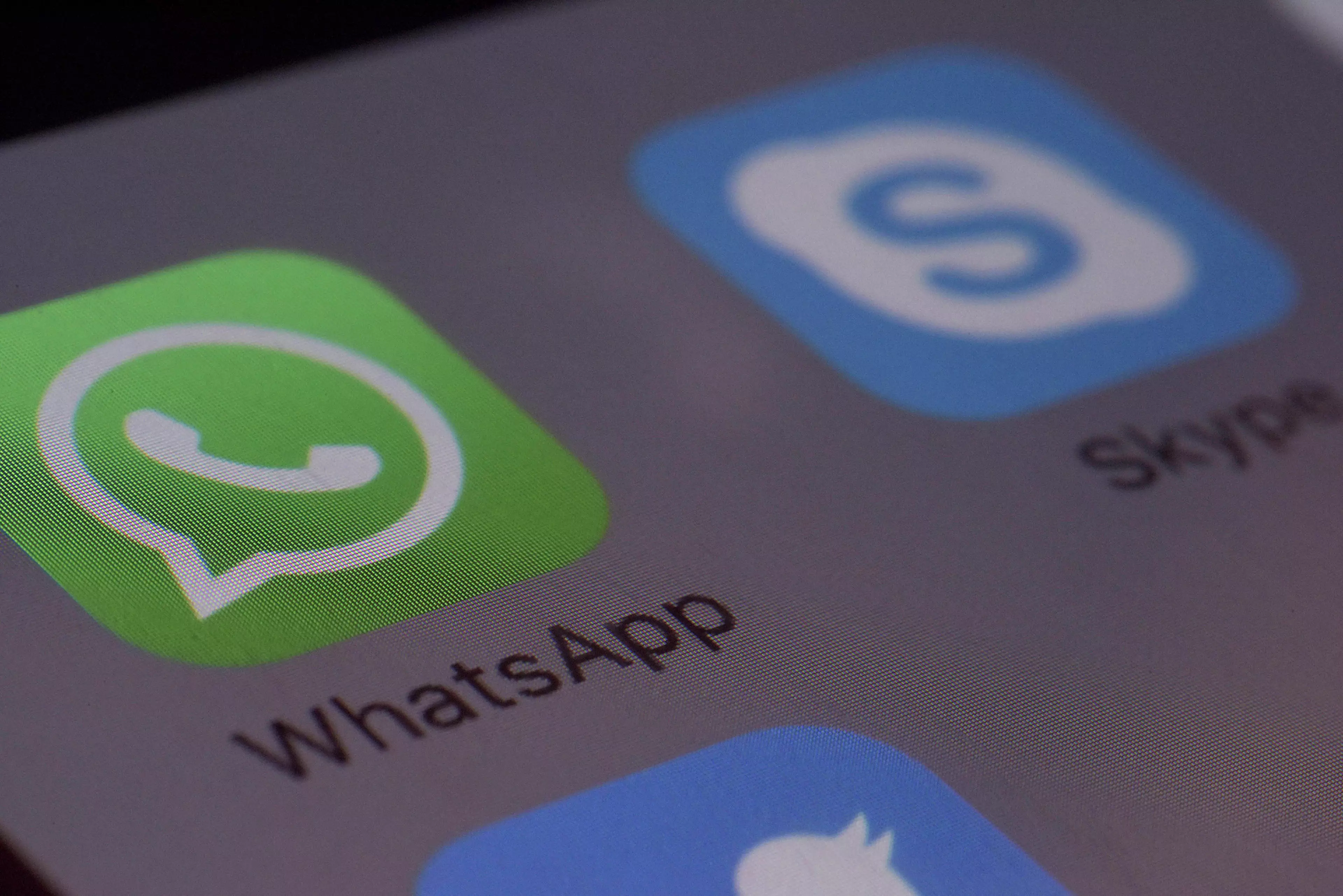
Credit: PA Images
"How this will work is actually very unclear, because you either have encryption or you don't. There are no half measures," Chris says.
So what about the other side of the argument? Many are clearly worried their viewing habits could be exploited, and their browsing history should be private. After all, our legal system is based upon the idea of innocent until proven guilty. But the Government argue this is about keeping us safe, and collecting evidence ahead of time in case it is needed later.
Home Secretary Amber Rudd MP believes this is about sleeping safer in our beds at night. She says: "This Government is clear that, at a time of heightened security threat, it is essential our law enforcement, security and intelligence services have the powers they need to keep people safe".
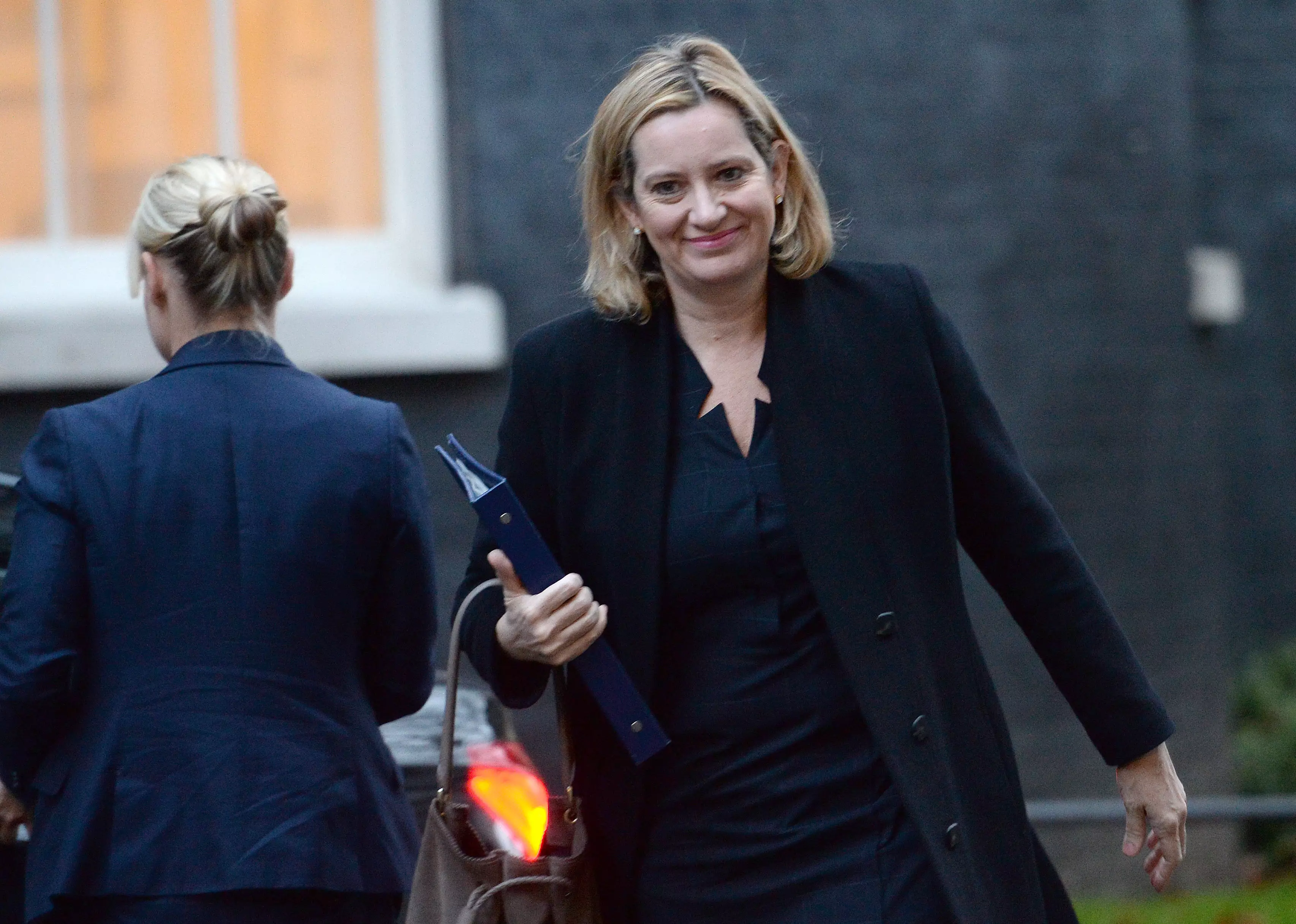
Amber Rudd believes it is vital for security; Credit: PA Images
Advert
The ratification of the Investigatory Powers Bill has now handed them that power.
"The biggest issue in the world is not where there is legislation, but where there is none," Chris reveals. "The intelligence services need this data, and it represents the haystack through which they need to sift in order to find the needle which they must examine more closely. They need a way to zoom in. There are extra oversight rules now and in my experience people who do these jobs are very happy to have rules in place and stick religiously to them."
But what is the threat, exactly? Where could it come from? Chris' answer is unnerving.
"There are few crimes and few wars now that do not involve cyber space. Our vulnerability to cyber-attack on items of critical national infrastructure holds the potential for asymmetric warfare like never before. All countries are developing offensive cyber capabilities. You can bring a country to its knees without firing a single bullet."
This is a stark realisation, and one few may have considered. The idea that the new surveillance powers might help to defend us as a nation is critical. But the idea we are so vulnerable and open to a new type of online warfare is a sobering thought. In the UK, the Centre for the Protection of National Infrastructure (CPNI) also works to plug those gaps.
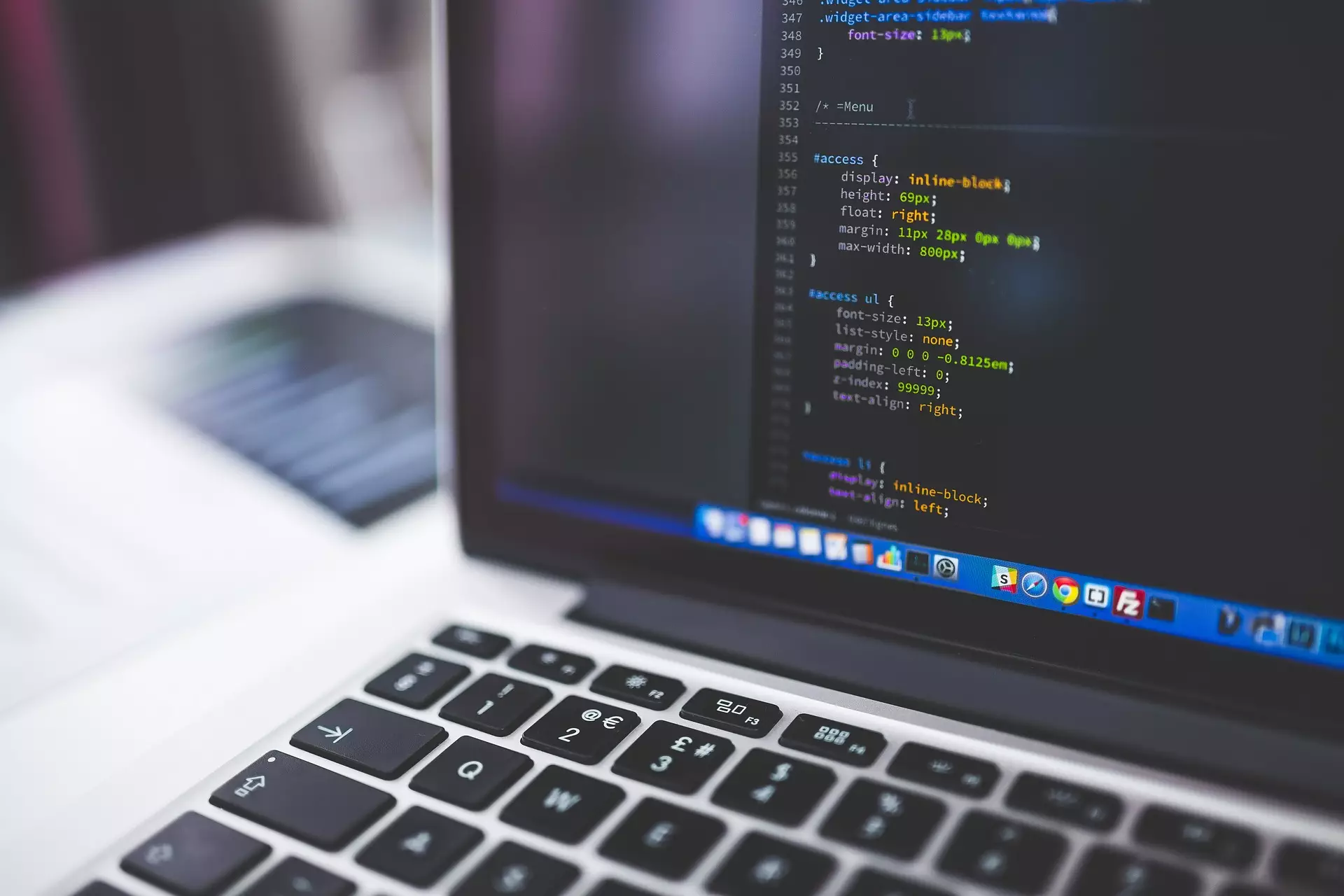
Credit: Creative Commons
However, so vast is the UK and our hunger for online data that it is impossible to monitor everyone. The intelligence community rely on a starting point - usually in the form of intelligence gathered at a human level - to begin their search. Then, it is a case of joining the dots, for which people will turn to the bulk-data held by the ISPs.
The real worry, though, and something Chris says this law doesn't account for, is the lone wolf.
"British Intelligence personnel are increasingly worried about this scenario," he says. "If you're just on your own, Googling how to make a bomb, this law won't make you stand out more than you did yesterday. Luckily we don't see many attacks in this form and most terrorist cells involve a network of individuals, but that doesn't mean it can't or won't happen."
That the ambition behind the Investigatory Powers Bill was to ensure we are safe and protected is a safe assumption. Internet spies argue they need all the powers they can get to do their job in a digital age, and the Bill certainly aims to deliver on that point.
But there is an important balance to strike. Why are innocent people now open to having their web data recorded and stored? Is the fight against terrorism now costing us all, as we sit in our own homes? Encryption also seems to face a dichotomy, charged with both keeping us private from the wrong people and yet allowing access to the right kind of people at the same time.
Chris, a man with a lifetime of experience in surveillance, hacking and communications interception, thinks the only way to judge the Bill is over time. We might indeed be in a safer place to live, but the trade-off is now we're also far less private. Time will tell if the powers within the Bill are abused, or used as they were intended.
Words by Mark Tattersall
Feature Image Credit: Creative Commons
Featured Image Credit: